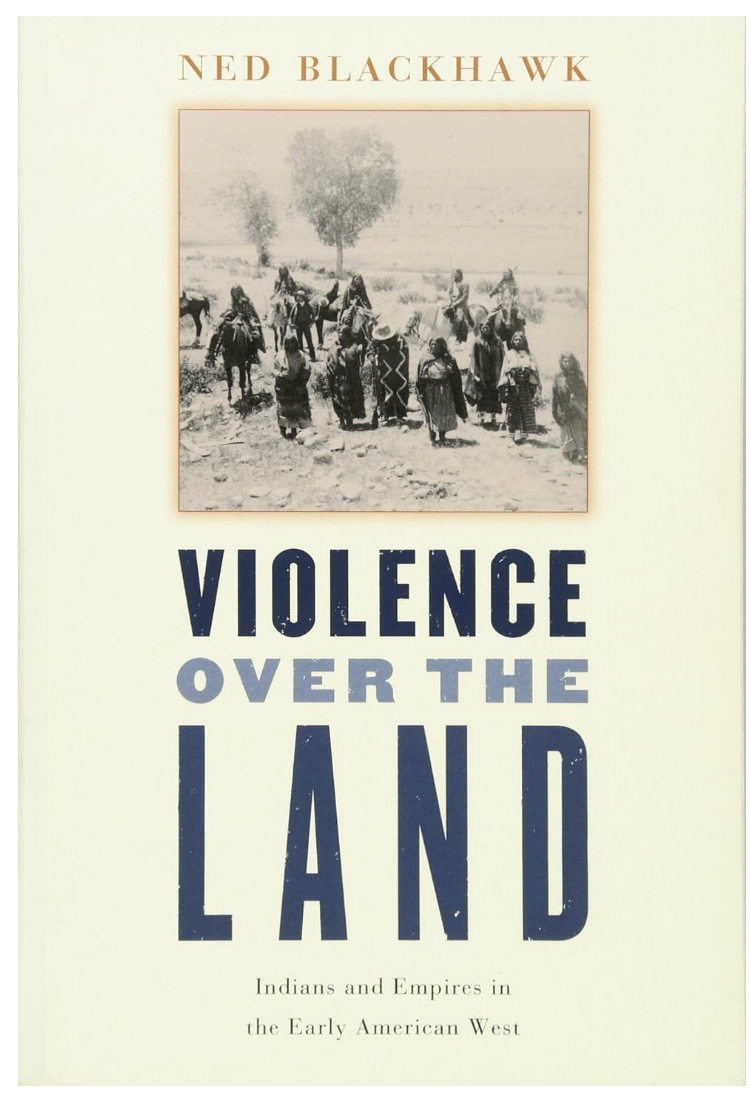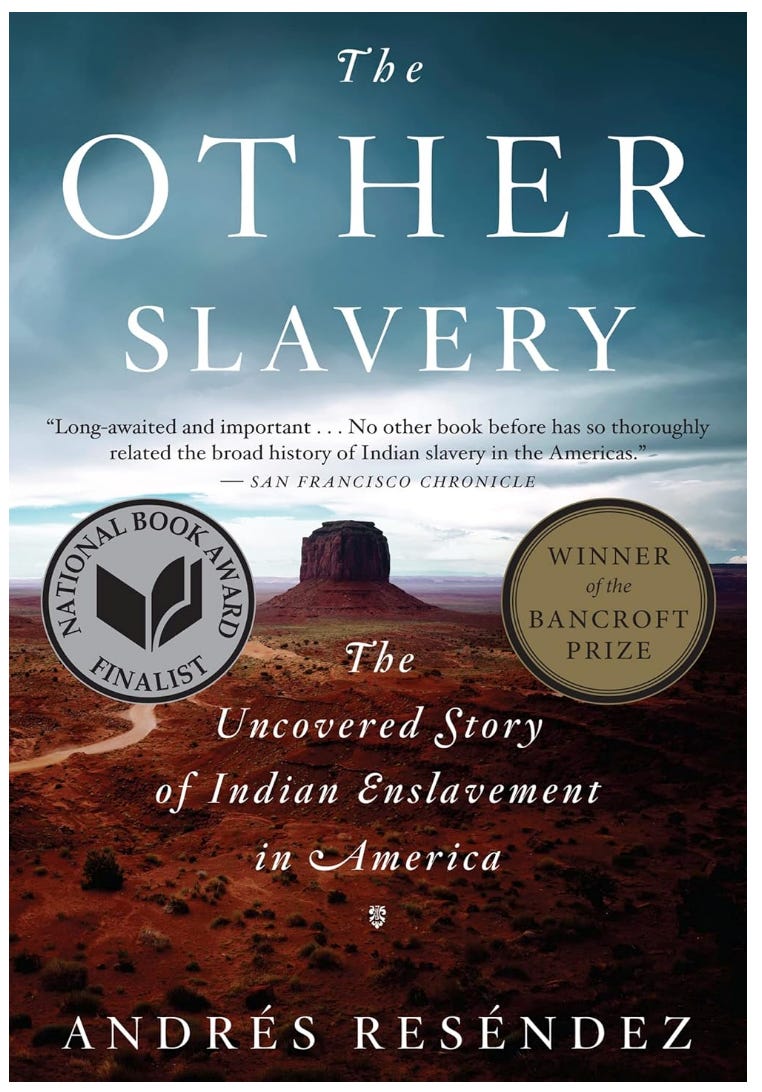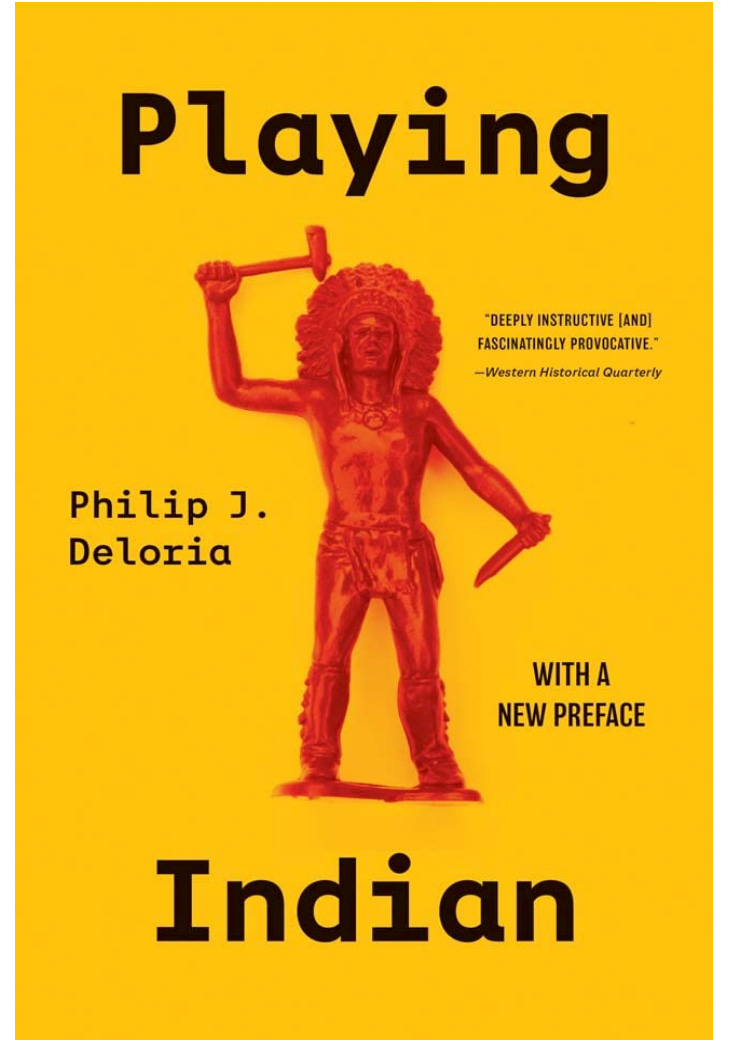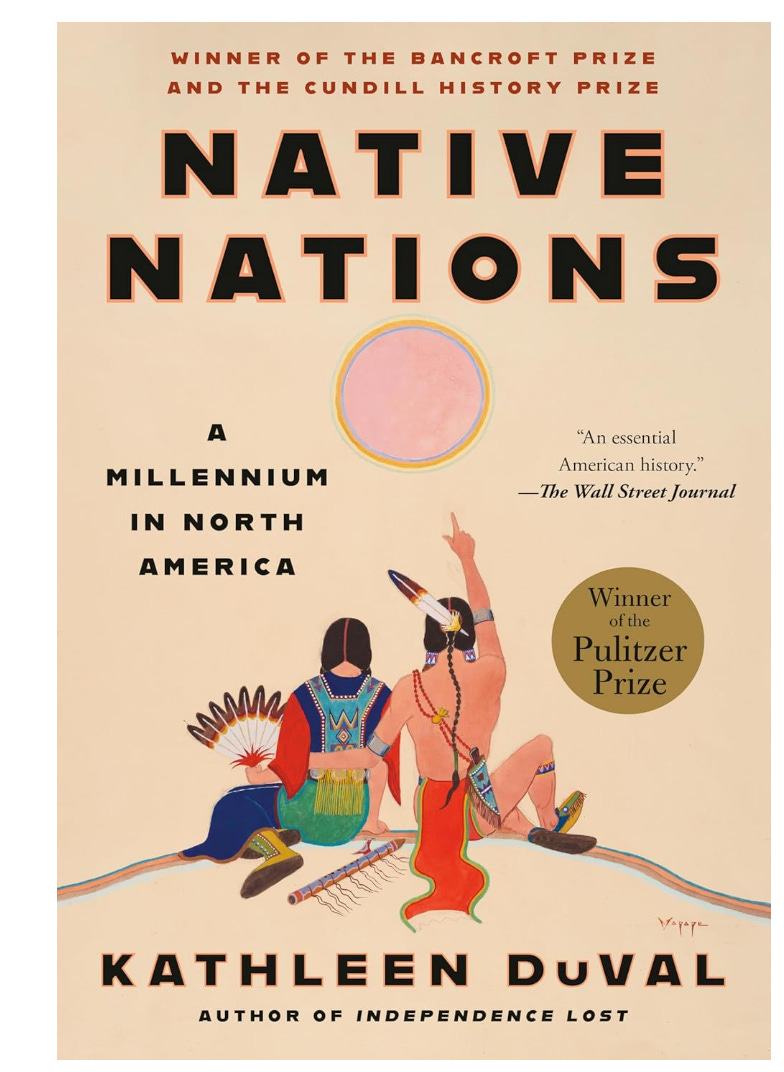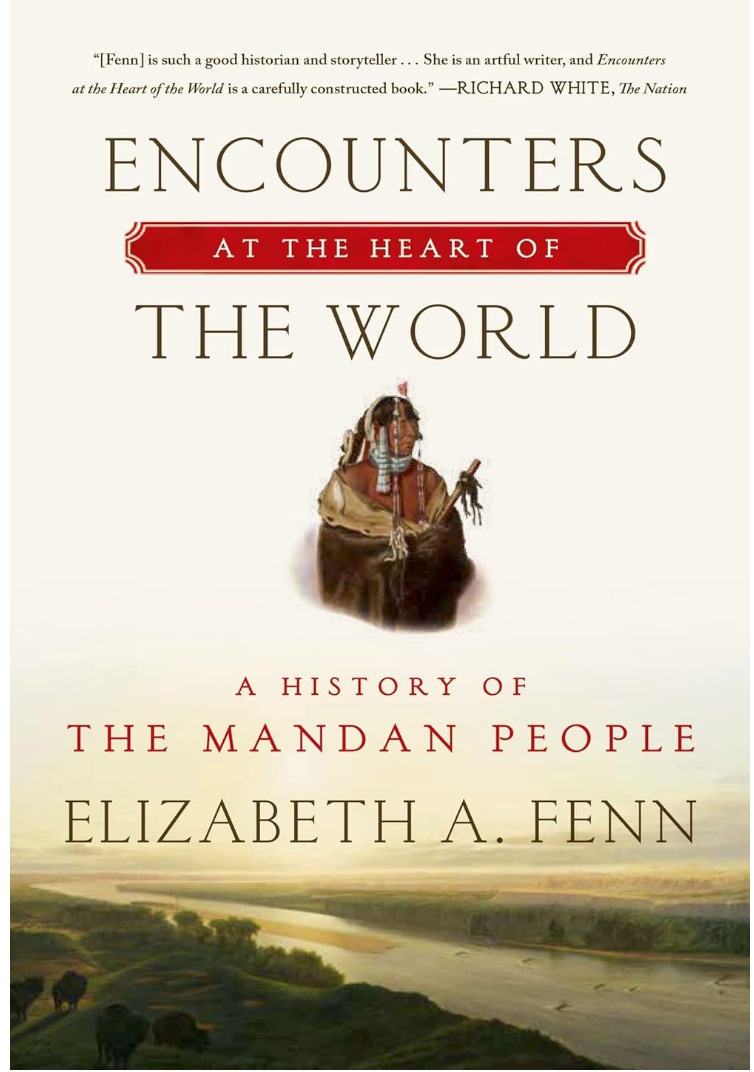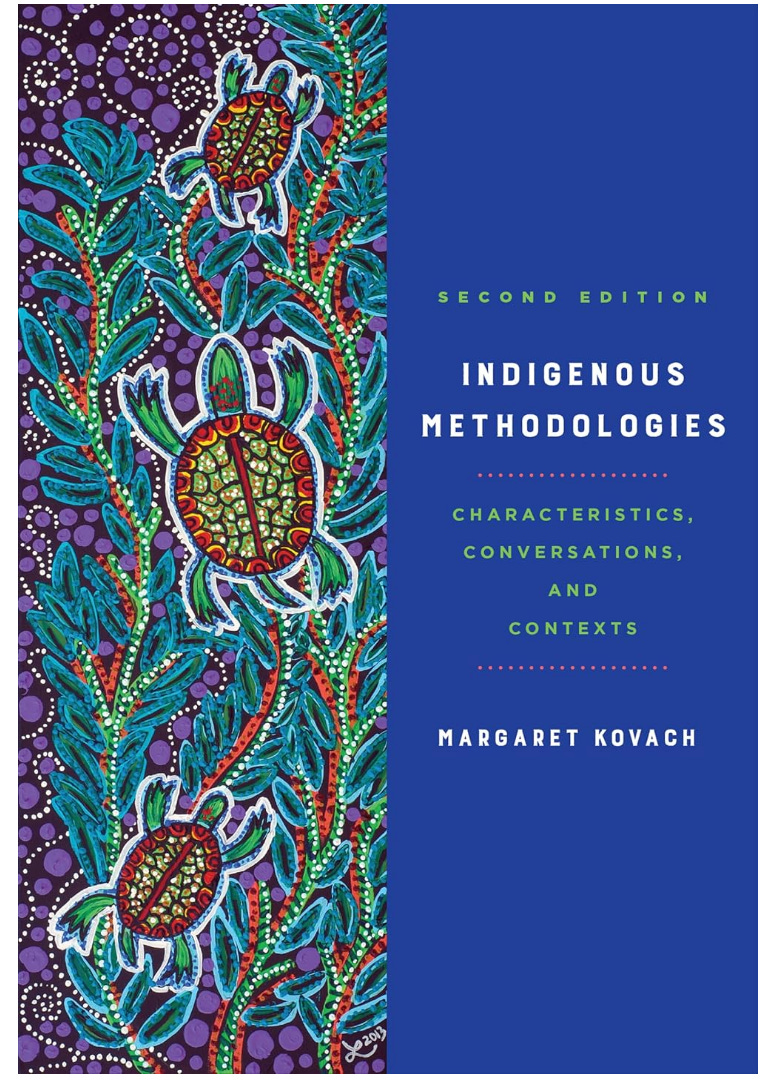My Top Five Books (plus one) on Native American History
These books helped me write "Wakara's America"
November is Native American Heritage Month! (It’s one of the reasons Basic Books decided to release Wakara’s America this month—at least I think!).
In honor of this month, and to encourage readership of these vital texts, here are five books that helped me write Wakara’s America. I list them in no particular order.
Ned Blackhawk’s Violence over the Land (2006) is arguably the most important book published in the 2000s on Native American history. It’s a monumental work, which casts Native peoples—especially Utes, Paiutes, and Shoshones—as agents and as victims of violence in the creation and contestation of the American West. One of the many of these Native agents was Wakara.
Andrés Reséndez’s The Other Slavery (2016) is also canon. It’s the most complete and compelling narrative on Indian slavery ever published. And again, Wakara is one of the most important figures Reséndez’s chronicles. In early drafts of Wakara’s America, my editors had to ask me to cut down my references (and praise) to The Other Slavery.
Philip J. Deloria’s Playing Indian (1998) is… also canon! I cite his father’s books more in Wakara’s America, but Phil Deloria’s vital concept of “playing Indian” helped me conceptualize the idea of a “paper Indian,” which settlers created in the archives so that they could enact their ideas/policies/doctrines on flesh and bone Natives.
Kathleen DuVal’s Native Nations (2023) is the most recent of the books on this list. But her careful (and yes, now canonical!) study of Native nations as nations helped me conceptualize sovereignty and politics in the time of Wakara.
… Readers of Wakara’s America, or at least the back jacket, will notice a pattern. I can’t believe my luck that these four authors blurbed my book.
Finally, Fenn’s Encounters at the Heart of the World (2015) helped me think about time, chronology, and history in a new, and I hope, inventive way. Fenn also served as a guide for me to write in the first person, but in a way that didn’t center my voice (or at least I hope not).
….
Okay, one last one.
Kovach’s Indigenous Methodologies (second edition, 2021) informed Wakara’s America in so many ways—especially in the way I saw myself as part of the story, because the truth is, all historians are. My idea that we are “implicated” in these histories and have to name that implication comes straight from Kovach. And so did the vital work of engaging with the people I wrote about throughout the process.
Give these books a read and a buy!


